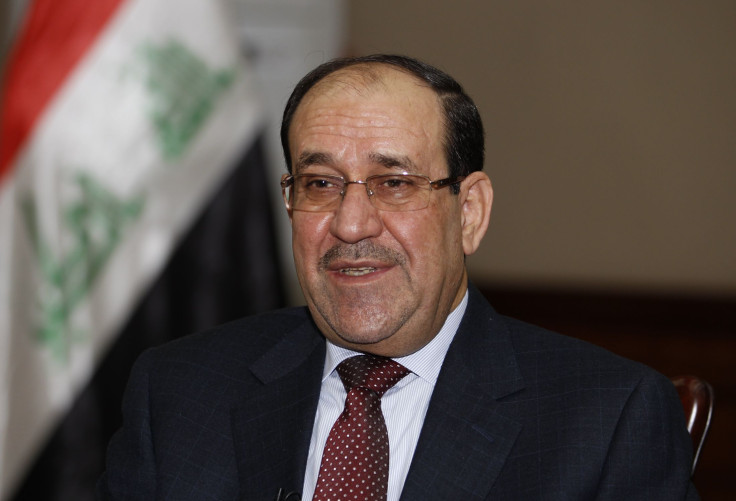Iraq Crisis: Dawa Party Formally Backs New Iraqi Prime Minister Haider al-Abadi

Nuri al-Maliki’s Dawa Party called on Iraqi politicians to accept the former prime minister’s replacement on Wednesday, despite Maliki’s resistance in stepping aside. The Iraqi National Alliance, a coalition of Shia parties in Iraq, nominated Haider al-Abadi, a former spokesperson for the Dawa Party, for Maliki’s job on Monday.
The Dawa Party “called on political blocs to cooperate with the constitutionally designated Prime Minister, Mr. Abadi, and accelerate the formation of a government in the defined time period," it said in a statement released Wednesday.
This marks a change of tone from their earlier decision to reject Abadi’s nomination, but it also reflects Iraq’s need for a unified government.
The nomination came at a crucial time as Iraq is battling one of the most vicious Sunni-Islamist groups currently vying for power in the country: the Islamic State, formerly known as the Islamic State of Iraq and Syria. Abadi already held consultations on Wednesday to form a government of both Sunnis and Shiites in order to avoid Iraq falling deeper into sectarian violence, and to put up a unified front against ISIS.
The statement was released as Maliki continued to protest his removal, stating that legally he is Iraq’s rightful Prime Minister as he is the leader of the biggest political bloc elected in April. He refused to step down until a court ruled on the legality of the issue.
Although Maliki was originally a U.S- backed choice for Iraq, U.S. Secretary of State John Kerry said on Tuesday that the U.S. would "fully support a new and inclusive Iraqi government.”
© Copyright IBTimes 2025. All rights reserved.






















